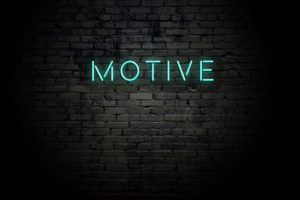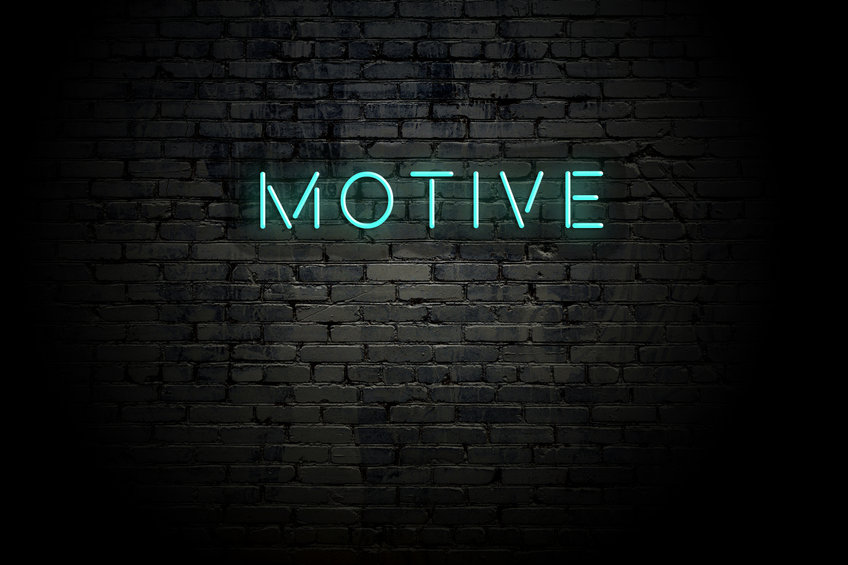What motivates people to make a purchase? Why do they choose one product or service over another? Buyer motivation is complex, especially when it comes to B2B customers. When marketers understand the motives behind a B2B purchase, they can intrinsically appeal to these factors from the beginning, thereby nurturing and expediting the buyer’s journey.
What Is Buyer Motivation?
Buyer motivation involves the psychological factors that drive a purchase. Conscious and subconscious influences guide the journey from initial stimulus to final selection.
There are two main classifications that buyer motives fall into: emotional and rational.
- Emotional motivations are driven by the need for personal satisfaction. For example, someone may buy a product to reduce stress, to boost their status, or because it makes them feel attractive. Emotional motivations are generally attributed to B2C customers, although they can be a factor in B2B sales.
- Rational motivations are driven by logic. As such, the decision to purchase takes longer as the customer weighs options and risks. Considerations include durability, price, and safety. Most B2B purchases fall into this category.
Often, buyers have a combination of both emotional and rational drivers that marketers need to take into consideration.
Why B2B Customers Buy
There are several reasons why B2B customers buy. Here are some of the most common buyer motivations and ways you can address them in your marketing efforts:
1. Need
B2B customers purchase products and services to address a specific business need or solve a problem. If a prospect has a problem your business can solve, they are more motivated to consider your offering. Steve Jobs once said, “People don’t know what they want until you show it to them.” The same principle often applies to need. Prospects don’t always have a need until you inspire one. While some buyers have a clear understanding of their problems, your product or service, and its benefits, others might need a little guidance. To raise their awareness, explain how your products and services apply to their challenges and then show them how you can solve them better than anyone else.
2. Fear
Fear can be a powerful catalyst for action in nearly every situation. The sales scenario is no exception. It’s common practice for B2C companies to use scare tactics to establish urgency in their messaging. Rather than creating fear where it doesn’t already exist, show prospects how your products and services can help alleviate worries or concerns they already have. Also consider how you can ease fears that might prevent customers from taking action. Money-back guarantees or similar promises help remove fear about wasting money on a product that doesn’t meet their needs or expectations.
3. Acceptance
This motivation taps into our innate desire to fit in with others. Often, customers and prospects want to buy because everyone around them seems to be buying as well. While fear of missing out, or “FoMO,” is often attributed to young adults, its effect can be seen in business. By incorporating social proof in the form of case studies, testimonials, and customer success stories, marketers can tap into a buyer’s need for approval and acceptance.
4. Financial gain
Most B2B organizations are in the business of making money. This motivation can take the form of purchasing products or services that help them reduce costs, increase profit margins, or maximize ROI. Other times the motivation might be to save money in the long run. Show customers how your solutions can save them money and then reward them for their loyalty with discounts or other incentives for repeat purchases.
5. Aspiration
Aspiration-motivated buyers have a strong desire for growth. They may have lofty career goals and yearn for others to respect and admire them as professionals. A strong desire to experience personal pride and prestige stimulates these buyers. To tap into their motivations, show them what life will look like after they purchase your product.
6. Avoidance of pain
Many B2B customers want to avoid pain that comes in many forms. It can be a lack of time, crushing stress, an overbearing boss, or pressure from peers. To address this motivation, show buyers how your product or service can help eliminate that pain and what they will feel like as a result.
7. Comfort and convenience
Customers who are motivated by comfort and convenience seek an easy and seamless buying process. Address this need by anticipating needs, creating a picture-perfect purchase experience, providing exceptional customer service and ongoing responsiveness.
Meet Customers Where They Are

There’s a reason for every purchase. A deep understanding of buyer motivation is a powerful tool for marketers. The clearer the motivations, the more they can personalize the buyer’s journey with content that addresses their needs at every stage of the process. Customer data and information about purchase patterns can provide valuable insights. Yet, the best way to understand a customer is to go straight to the source. Collect feedback through surveys, questionnaires, reviews and personal conversations to determine what’s motivating your customers. Then apply what you’ve learned to appeal to their motives and drive organizational success.

